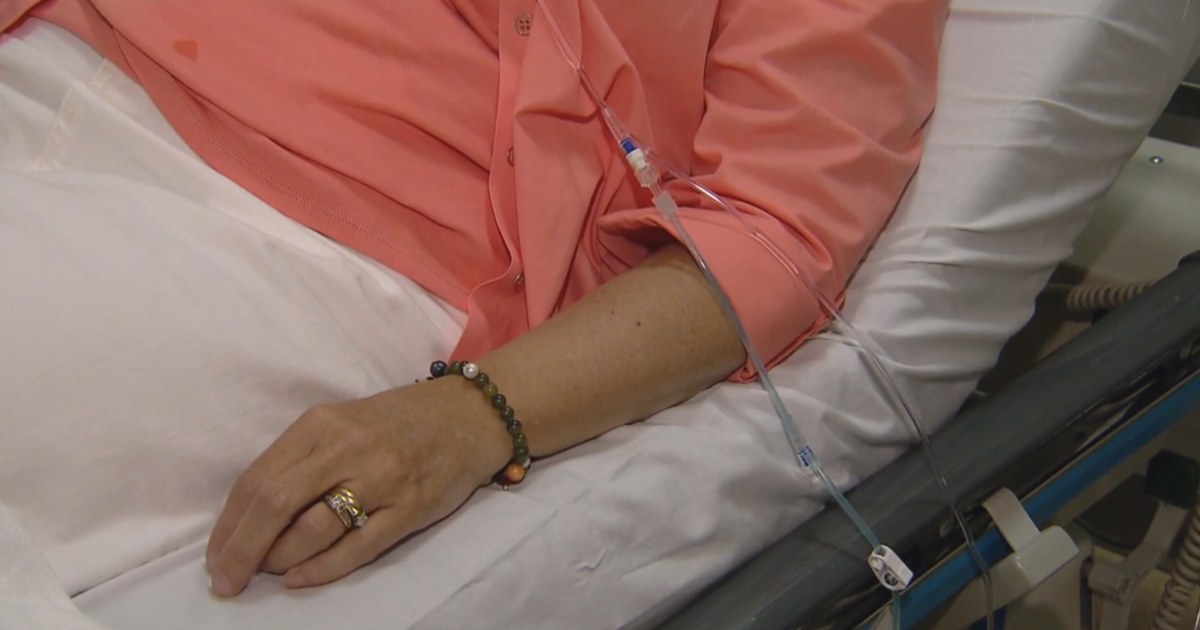Diana Toebbe Ordered To Remain In Custody On Espionage Charges
BALTIMORE, Md. (WJZ) -- An Annapolis woman accused of conspiring with her husband to sell military secrets to a foreign government must remain in custody while awaiting trial on espionage charges, a judge ruled Thursday.
U.S. Magistrate Judge Robert Trumble granted the government's motion to detain Diana Toebbe, calling her a flight risk and national security threat if released.
"Although Defendant has no prior criminal history, the nature and circumstances of the charges against her and her actions demonstrate that Defendant is a danger to every community and to our national security," Trumble wrote.
Toebbe, 45, and her husband, Jonathan, 42, were named Tuesday in a three-count indictment charging the couple with one count of conspiracy to communicate restricted data and two counts of communication of restricted data.
The couple is accused of hatching a plot to sell classified data, which Toebbe's husband allegedly stole from his workplace for the U.S. Navy's nuclear program, to an unnamed foreign government in exchange for cryptocurrency.
Authorities say Toebbe acted as a lookout for her husband when they crossed state lines several times to drop off batches of sensitive submarine data for someone they thought was a foreign agent but was in fact an undercover FBI agent.
The couple was arrested Oct. 9 in West Virginia, where they've remained in custody while their case winds its way through the legal system.
During a Wednesday detention hearing, Toebbe's attorneys insisted their client was innocent and unaware of "what her husband was up to." They said Toebbe, a school teacher, was not a threat or flight risk and could be freed under special conditions.
Prosecutors argued that she was complicit in the plot. They pointed to her presence at three of four "dead drops," and noted several messages the couple allegedly authored, in which they discussed plans to leave the country.
In issuing his ruling, Trumble cited the government's evidence, which included surveillances images, messages attributed to the couple and signals that they had the means and desire to escape.
"Defense counsel presented no evidence or testimony but argued that electronic monitoring, a third-party custodian, and no computer or internet access would suffice to prevent Defendant from fleeing. The Court is unconvinced," the judge wrote. "No bond conditions can be set to reasonable ensure the appearance of Defendant and the safety of the community."
Both have pleaded not guilty to the charges, each of which carries a maximum sentence of life in prison, a $100,000 fine and five years of supervised release.



